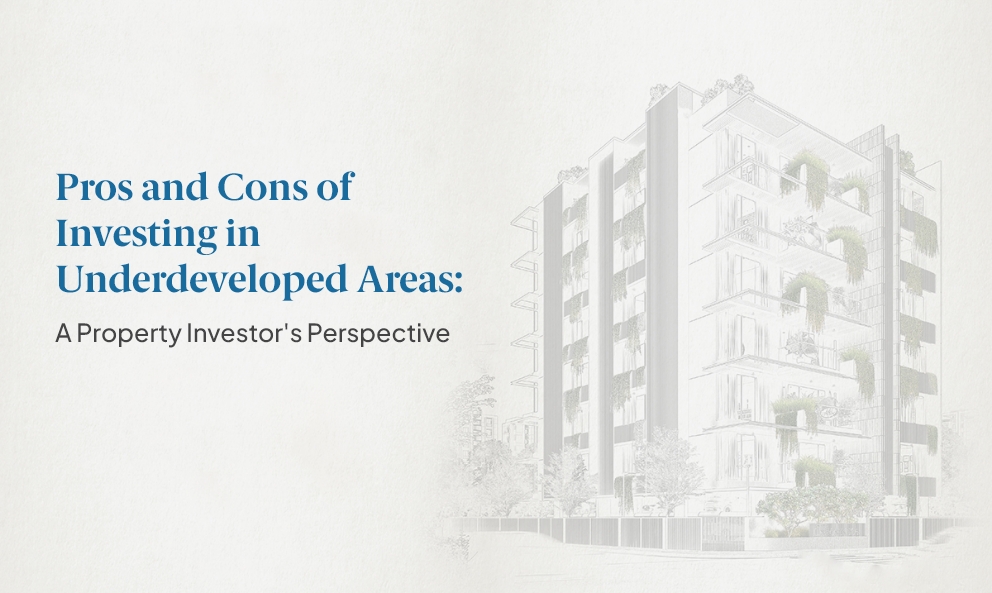
In recent times, the best place to put your money into is property. Nowadays, people don’t just buy property to live in it or work in it. It is moreover considered an asset to have in these uncertain times. While property rates are only to rise and go high, this makes it the ideal place to invest.
But that does not mean one can buy and invest in any property anywhere. It does not work that way. There are a lot of factors to consider when going ahead to invest your money into something. Gujarat state is growing leaps and bounds, with Surat as the diamond capital and Gandhinagar having GIFT City, the state seems to only be rising higher. In terms of property investment, Ahmedabad city in Gujarat is turning the heads of many investors.
Moving on, what really needs to be understood here is which areas are good for investments and which areas one must steer clear of. It’s not that all areas are bad or lucrative, it just means that based on what your criteria are. When it comes to underdeveloped areas, investment decisions do become tricky if there is no proper understanding.
Let’s start with the pros that stand to benefit those who are investing in underdeveloped properties.
The biggest benefit of investing in underdeveloped areas is that it has low cost. One can easily afford a land property in such areas as there is not much development around, and therefore, the prices are much reduced compared to posh, developing areas. Investors get the property at a lesser amount, thus allowing them to buy more plots of land, and be owners of multiple properties.
With lower costs come fewer restrictions. Hence when one buys property in underdeveloped areas, they often have the flexibility for custom development. Customization allows you to meet market needs as the area grows, potentially increasing the value of your investment as demand shifts and evolves.
Compared to well-established markets, underdeveloped areas have very little competition. Hence, early investors can take the better half of the deal. Early investors also could influence the growth and development of the area, as their investments help shape its future.
Underdeveloped areas are often in the beginning stages of growth. They do not usually have proper infrastructure like good roads, proper schools, or shopping centres like most developed places do. But that does not mean that they can’t grow in value over time. If you invest early, then later, once there is proper infrastructure growth, there are greater chances of an increase in your property’s value. There are so many areas in Ahmedabad that used to be underdeveloped, and nothing was there except barren land and fields. But today, those areas have been turned into little hubs where there is hustling and bustling.
Moving on, here are some cons that might come in the way while investing in underdeveloped properties.
While there’s a chance for growth, it often takes time. Underdeveloped areas usually lack important infrastructure like roads, utilities, hospitals, and schools, which can slow down progress. If these developments don’t happen as expected, property values might stay the same or grow more slowly than hoped. Patience and planning for the future are essential when investing in these areas.
Another risk is that demand in underdeveloped areas is usually lower. There may not be enough people, businesses, or industries moving in, which can make it harder to find renters or buyers. This can result in properties sitting empty for longer periods and slower cash flow for investors. Investors should do thorough research to understand the real demand for property in the area before making decisions.
In conclusion, while there are great opportunities when investing in underdeveloped areas, there are also risks that come along with it. Therefore, it is always advisable to first have an expert’s opinion on whether you should invest in a property. If you can handle the complexities that come along with investing in underdeveloped areas, then by all means, go ahead, because the returns in the coming future will also be very rewarding. Success mainly depends on doing thorough research, understanding the growth potential, and keeping up with changes in infrastructure and government plans.